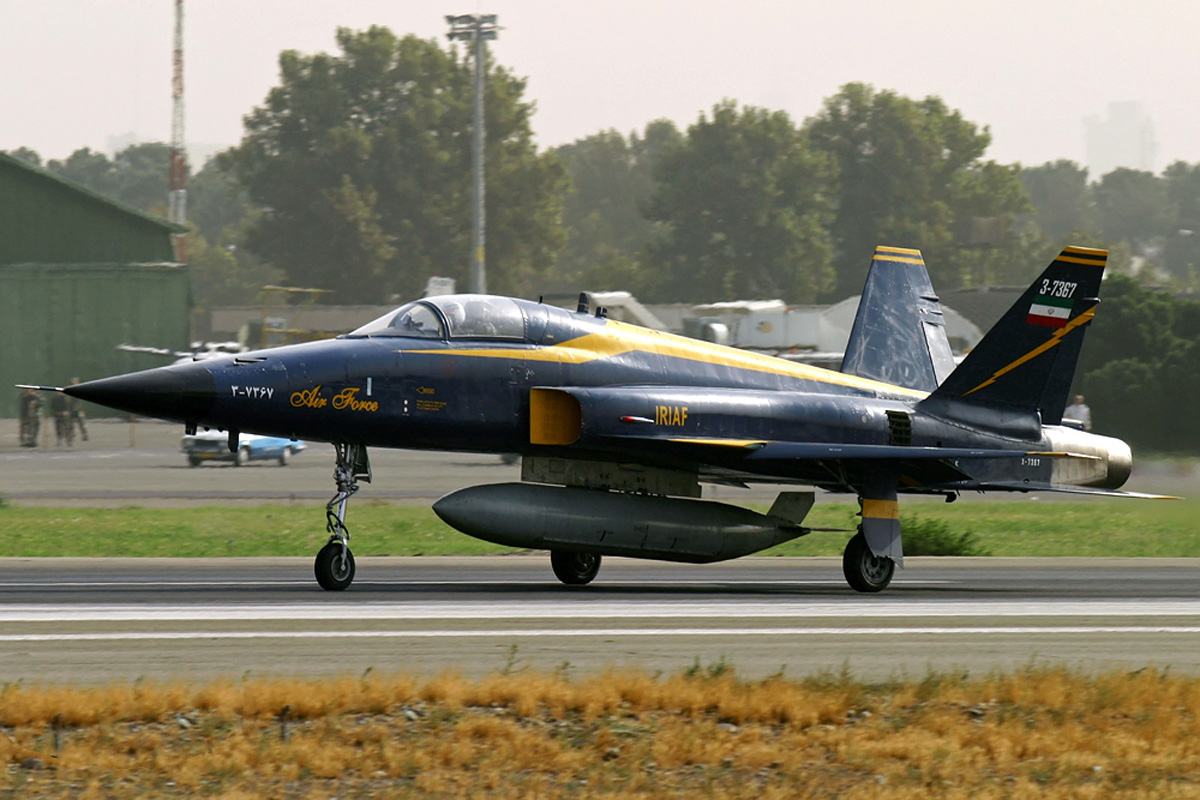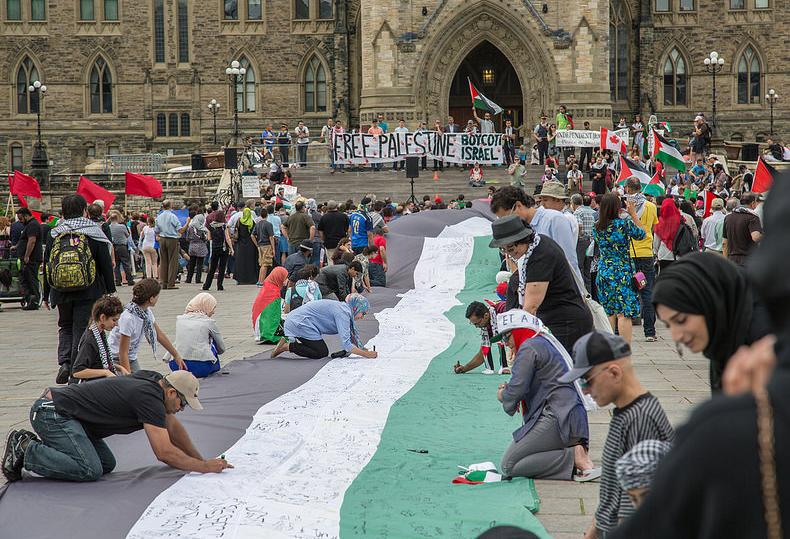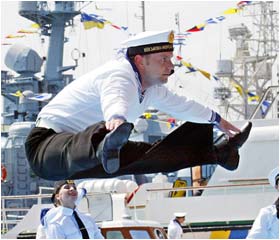While some feel that NATO will no longer have a well-defined role after its withdrawal from Afghanistan in 2014, a break from active engagement in foreign conflicts may be exactly what the Alliance needs.
As NATO continues its withdrawal from Afghanistan, questions continue to arise about the future global role of the Alliance. Over the next year and a half, NATO will undergo a period of significant change as combat troops will be gradually withdrawn from Afghanistan by the end of 2014. The transition will be overseen by NATO’s new Supreme Allied Commander in Europe, General Philip Breedlove who has recently reaffirmed that the Alliance has no plans to abandon Afghanistan post-2014. Along with overseeing the transition, Breedlove also has the complicated task of outlining NATO’s mission and strategy post-2014.
Regardless of what role NATO will play in Afghanistan after 2014, for the first time since the end of the Cold War, NATO will not have a well-defined military mission. The dispute in the Balkans immersed NATO into a major conflict at the end of the 1990s that carried over into the beginning of the 21st century which was then followed by what has been over a decade of engagement in Afghanistan. The lack of a well-defined military purpose has some observers concerned about the future of NATO and it has brought about differing views regarding the Alliance’s future role. As Breedlove stated, there is a tension between some countries who stress NATO’s role well beyond its own boundaries while others would like the Alliance to return to its core mission, the so-called Article V task of the direct defence of NATO territory.
[captionpix align=”left” theme=”elegant” width=”350″ imgsrc=”http://natoassociation.ca/wp-content/uploads/2013/07/Breedlove.jpg” captiontext=”Breedlove has said that NATO will continue to support Afghanistan post-2014.”]
Despite the lack of a core mission or raison d’etat, Breedlove has asserted that NATO is at the pinnacle of its ability to work together and it will be a central focus of his to “capture this excellence and to maintain it.” Even with the absence of a clear-cut role, it is not necessarily a bad thing that NATO is not formally engaged in any significant military engagements. For NATO to exist, let alone be relevant as a defence alliance, it does not always have to be active with troops on the ground fighting a conflict in a far-off place. In fact, it is a great positive if NATO is not formally engaged in conflict, especially at the moment with member state defence budgets being so tight and the U.S. less willing to pick up the slack. With no military mission, member states will have time to reinvest in defence and recoup their losses, at least for those more formally involved in Afghanistan. Most of all, it prevents the potential loss of even more troops, a very important factor in light of all the casualties sustained in Afghanistan over the last decade. In addition, the major NATO countries are not interested in getting involved in other regional conflicts, as evidenced by General Breedlove’s affirming that NATO has no intention of getting directly involved in the Syria crisis.
Maintaining a loose alliance even without a well-defined role remains important and will likely prove so in the future. With such a prolonged battle in Afghanistan preceded by the Balkans conflict, perhaps it is time for NATO to take a break from active engagement in foreign conflicts. New conflicts are constantly emerging as well, such as the rise of al-Qaeda in North Africa. This is a potentially threatening development that NATO must keep a close eye on. The situation appears to be getting more serious with al-Qaeda recently taking eight Europeans hostage in the Islamic Maghreb and the In Amenas hostage crisis in January that was carried out by al-Qaeda affiliated groups. These recent developments show that NATO must remain ready to get involved if it must, even if the countries involved do not directly include Alliance members. It will be interesting to see what direction NATO takes post-Afghanistan, but perhaps a break may be what is necessary to help the Alliance figure out just what mission(s) it may take on in the years to come.




